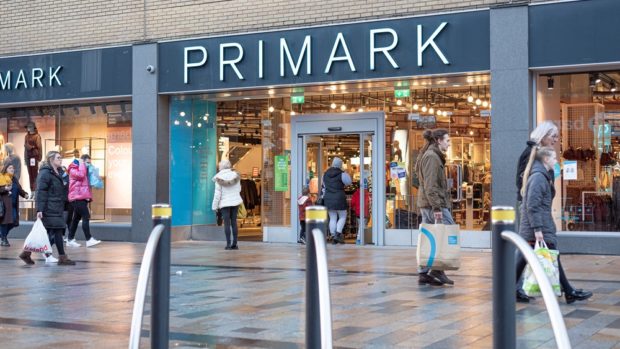Six months on from the official government lockdown, Robert McKechnie, Open Banking Expert at Equifax UK, believes technology and digital transformation will continue to play an increasingly important role for companies within financial services:
“The intersection between financial services companies, customers and technology has been irrefutably and permanently altered. COVID-19 and the consequent restrictions on movement and face-to-face interaction has forced businesses’ hands, increasing the appetite and urgency to explore technological solutions to replace outdated manual processes across the customer life cycle.
“The ‘digital agenda’ was already high on the list of priorities for many companies but lockdown has greatly accelerated its progress. In an effort to improve customer experience and develop more efficient and cost effective processes, many financial services businesses have introduced online customer onboarding, identification and validation. For example, the adoption of Open Banking has allowed companies in the banking, mortgage, insurance and motor finance sectors to make more informed and timely credit decisions.
“In a pandemic era of heightened financial vulnerability and uncertainty, decisions around credit and how companies interact with customers will be scrutinised more closely than ever, evidenced by the FCA’s draft guidance* last week stating firms must recognise individual circumstances and be flexible in their approach to minimise stress and anxiety. Continued digitisation, through the adoption of platforms that deliver early customer insights and real-time data, can provide a pathway to implement stringent affordability and income verification assessments, while identifying financially vulnerable customers and abiding by regulatory requirements.
“The true value and benefit of technological transformation and investment has become clear for financial services companies during lockdown. The future identification and adoption of new capabilities will be extremely important in both the short and long term, especially as the impact of COVID-19 continues to shape consumer outlook and behaviour.“








Share